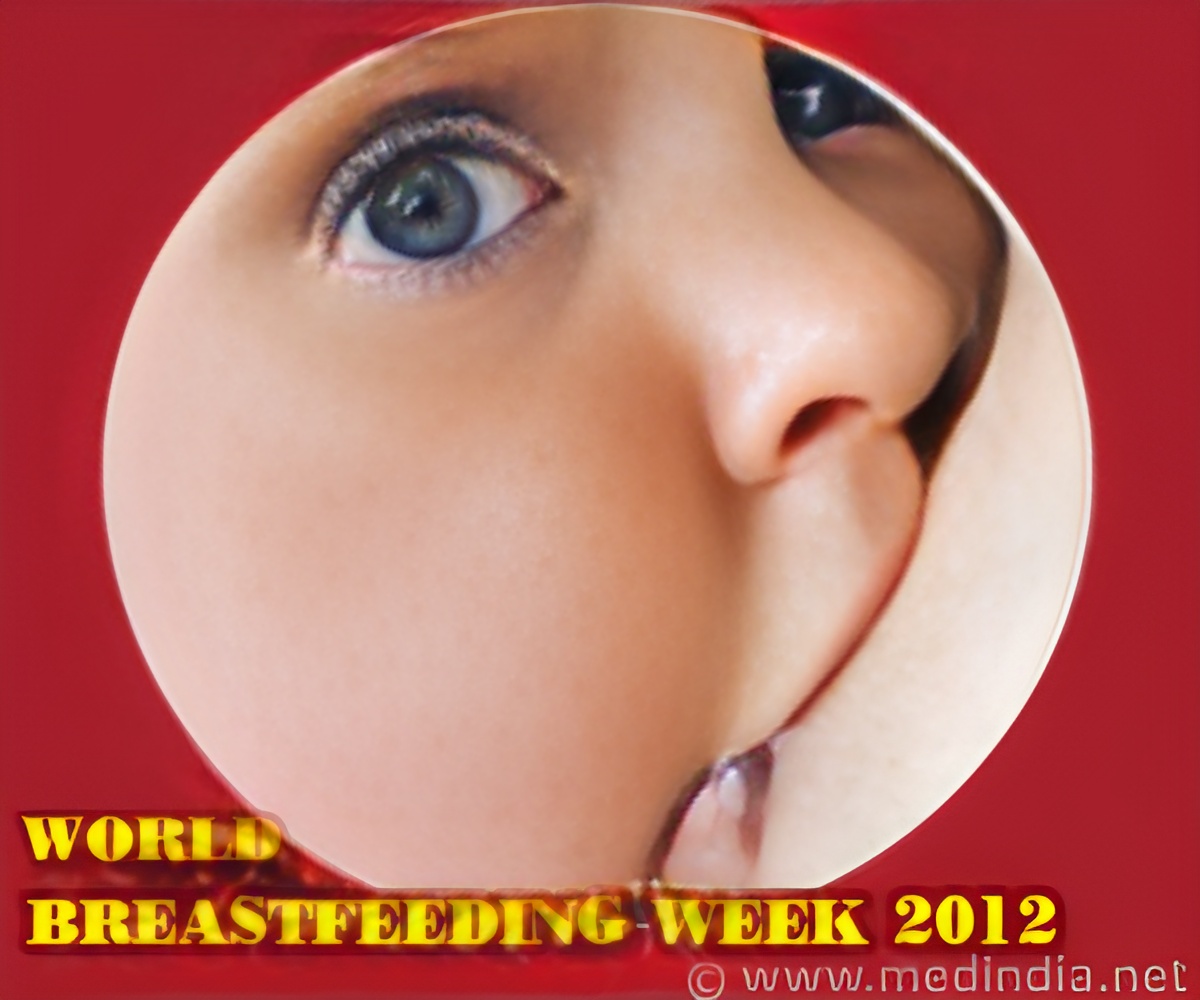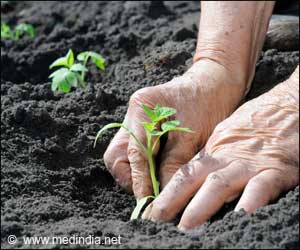The ‘World Breastfeeding Week’ (WBW) is celebrated every year from 1st to 7th August to encourage breastfeeding and improve the health of babies around the world.

This is the 20th anniversary of the WBW and the theme for this years’ ‘World Breastfeeding Day’ is ‘Understanding the Past - Planning the Future: Celebrating 10 years of WHO/UNICEF's Global Strategy for Infant and Young Child Feeding’.
The objectives of this year’s WBW are-
• To recall what has happened over the past 20 years on infant and young child feeding (IYCF).
• To celebrate successes and achievements nationally and globally.
• Showcase the national work at a global level.
• To call for action to bridge the remaining gaps in policy and programs on breastfeeding and IYCF.
The Global Strategy for Infant and Young Child Feeding (GS) was jointly developed and launched by the World Health Organization (WHO) and the United Nations Children's Fund (UNICEF) in 2002. The GS has identified a need for optimal infant feeding practices for reducing malnutrition and poverty. It provides guidance to on how to protect, promote and support exclusive breastfeeding for the first 6 months after childbirth, and continue breastfeeding for 2 or more years along with adequate, appropriate and indigenous complementary food starting from the age of 6-months.
According to UNICEF's State of the World's Children Report 2011, only 32.6 % babies are breastfed exclusively in the first six months. Women these days are unable to breastfeed the child due to several reasons comprising social, work related, psychological and personal responsibilities and stress. However, every woman must understand that breastfeeding is important for the mother and the baby.
Breastfeeding helps the infant fight infections and protects them from allergies, asthma and obesity. The nutritional profile of breast milk in terms of proteins, lactose, fat, vitamins, minerals and calories is the best for the infant and therefore aids in easy digestion and assimilation in the body. Research also suggests that children who are exclusively breastfed for the first 6-months have a better IQ than infants who were formula fed. Besides, breastfeeding is beneficial for the nursing mother as well. It helps burn calories, thus aiding in weight loss. It reduces the risk of breast cancer in premenopausal women.
Along with the nutritional benefits it gives the baby, the psychological bonding which develops between the child and the mother due to breastfeeding is unparalleled.
Therefore, this years’ WBW aims at celebrating and also looking back, and understanding what has happened on infant and young child feeding and why; and then planning what more can be done to support all women to be able to optimally breastfeed and care for their infants and young children.
Reference:
http://worldbreastfeedingweek.org/
Source-Medindia












